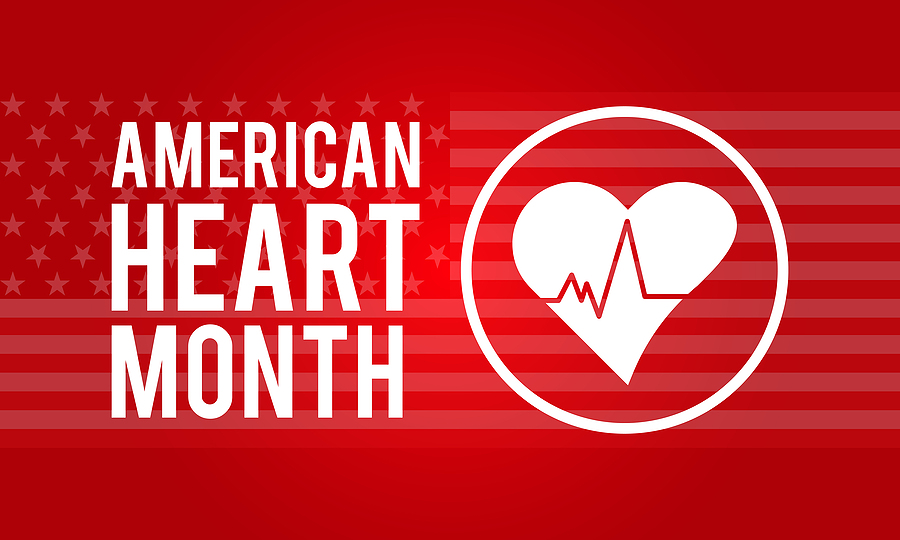February is the perfect month to think about heart health. It’s not just because Valentine’s Day happens this month. February is also American Heart Month. Take advantage of this opportunity to educate your Medicare clients on their care and coverage options.
Heart Health Statistics
Did you know that cardiovascular diseases account for one in three deaths in the United States? The CDC says that more than 868,000 Americans die of heart disease, stroke or other cardiovascular diseases every year.
Some people have an even greater threat of heart disease due to various risk factors. According to the CDC, these factors include the following:
- High blood pressure
- High LDL cholesterol
- Being a smoker
- Being overweight or obese
- An unhealthy diet
- Lack of physical exercise
- Prediabetes
Important Medicare Coverages
Medicare provides coverage for screening and treatment related to heart disease.
Medicare Part B covers cardiovascular screening blood tests. In Original Medicare, these screenings are covered with no out-of-pocket costs once every five years. These screenings are important to detect conditions that could contribute to a heart attack or stroke.
For Medicare enrollees who have experienced heart disease, Medicare may cover cardiac rehabilitation. These programs include exercise, education and counseling. Your clients may qualify if they have had a recent heart attack, coronary artery bypass surgery, coronary angioplasty, heart valve surgery or a heart transplant, or if they have stable chronic heart failure or current stable chest pain (angina).
C-SNPs for Heart Conditions
Chronic Condition Special Needs Plans (C-SNPS) can be a good option for Medicare enrollees with chronic health conditions, including heart-related conditions. In addition to providing coverage for the same Medicare services that all Medicare Advantage plans must cover, these specialized plans also provide prescription drug coverage, and some offer extra benefits that are tailored to the needs of the enrollees. In some plans, enrollees also have access to a care coordinator who helps enrollees manage their care.
To join a C-SNP, the Medicare enrollee must meet the specific enrollment requirements. Different C-SNPs cater to patients with different chronic conditions. CMS lists the various conditions that C-SNPs may focus on, and they include some that are relevant to heart health:
- Cardiovascular disorders (cardiac arrythmias, coronary artery disease, peripheral vascular disease and chronic venous thromboembolic disorder)
- Chronic heart failure
Medicare enrollees who have been diagnosed with a chronic condition that is covered by a C-SNP in their area may be entitled to a Special Enrollment Period that lets them enroll outside of the Annual Election Period.
Ways to Serve Your Clients
This February, there are a few things you can do to help serve your clients who have been diagnosed with heart conditions or who may be at risk:
- Remind your clients to get screened. If they haven’t taken advantage of Medicare coverage for heart disease screening, they should do so. Early detection can be key to improving outcomes.
- Share tips for heart health with your clients. Always make sure that you’re using credible sources. The CDC has good resources that you can share.
- Help your clients with chronic heart failure or cardiovascular disorders find C-SNPS in their area. They may be able to enroll any time of year, so don’t wait for the next Annual Enrollment Period. Ask these questions.
- If there’s not a local C-SNP they can join, help your clients secure the coverage they need in other plans. Consider how the available plans cover various treatments that might be necessary in the future. Also, look at which specialists are in the network and which prescription drugs are in the formulary.
Helping clients with heart conditions to get the coverage and care they need is important – and February is a perfect time to reach out.
